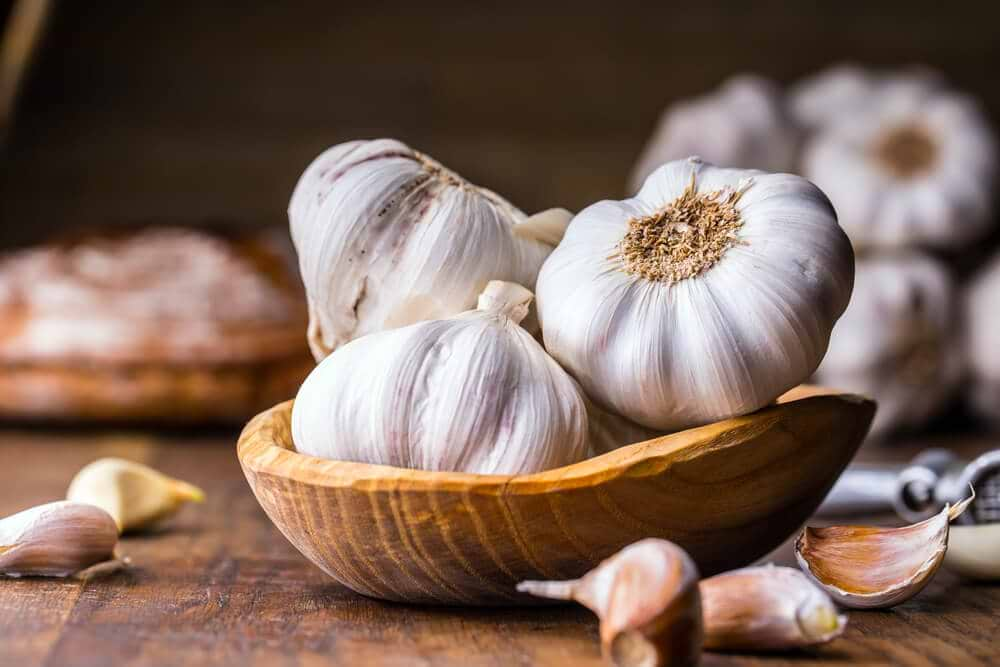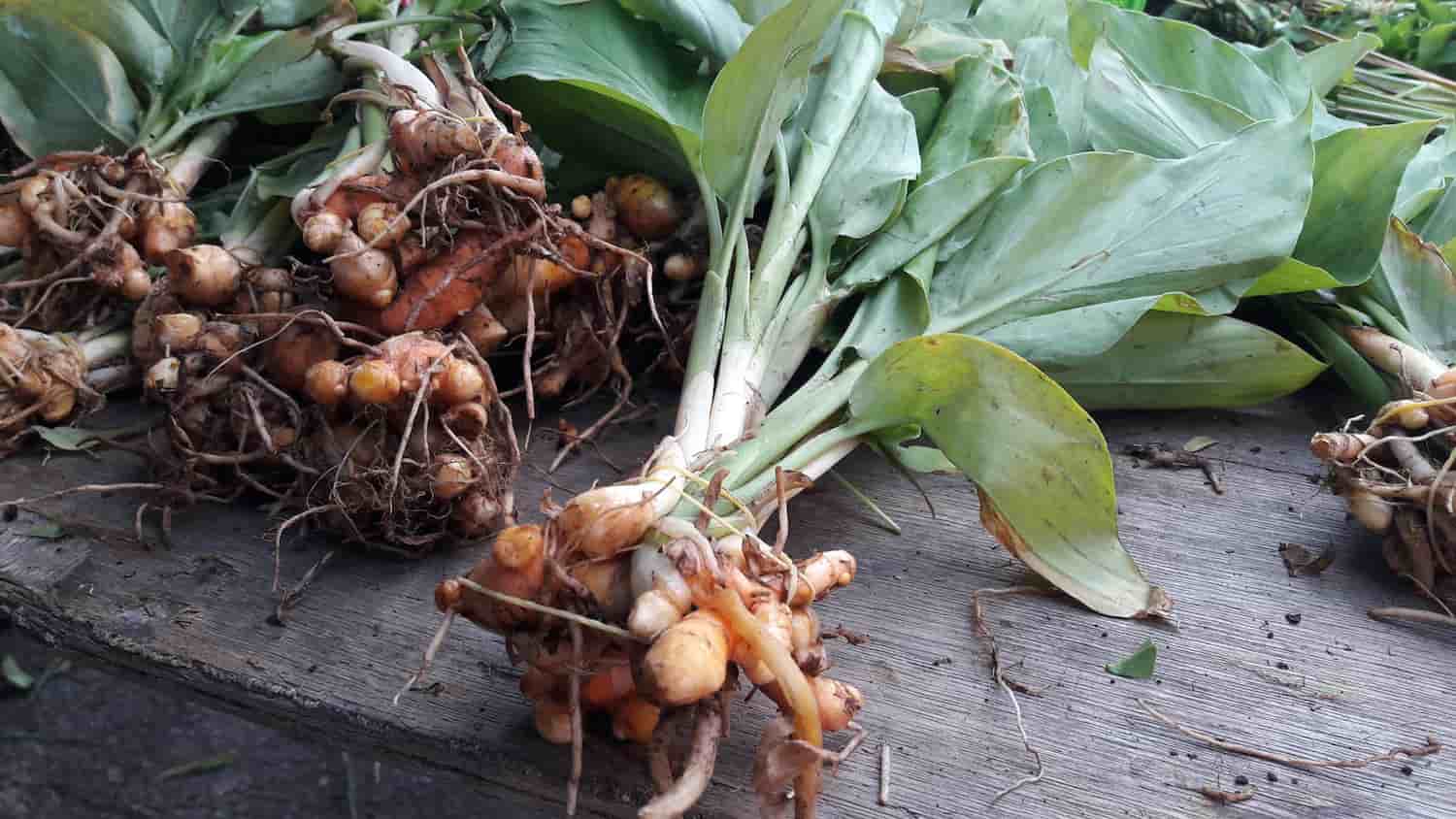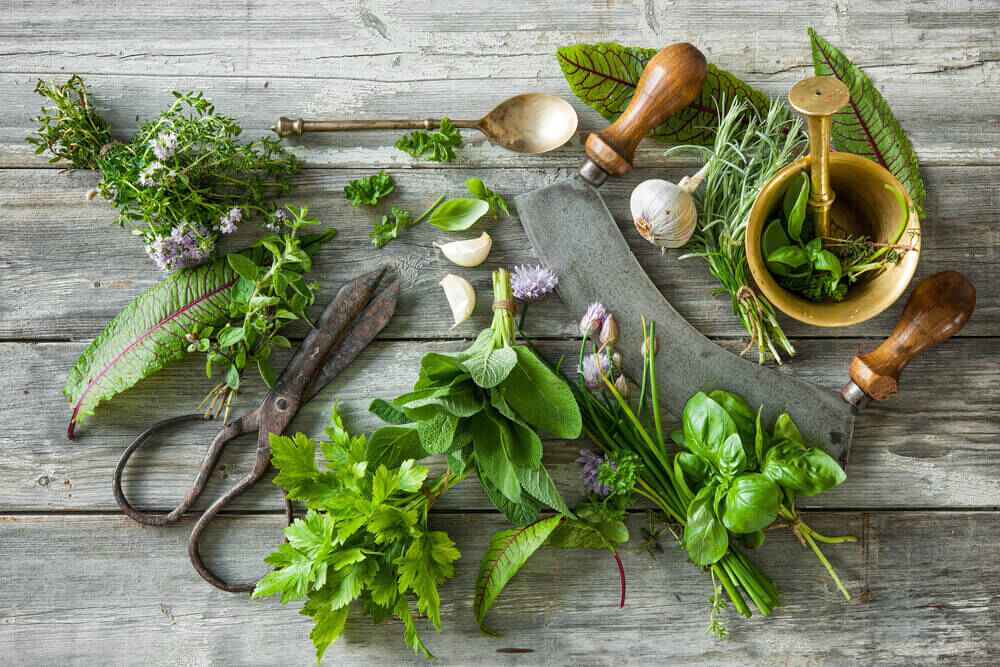There are morning routines, evening routines, and a hundred other healthy habits we're "supposed" to fit into each day. You know herbs are good for you, but sometimes it feels like one more thing to fit into your day. You have to buy them, prepare them, take them. It can feel overwhelming, so we forego our herbs even though we love using plant medicines to enhance our daily lives. Does this sound familiar?
The good news is that some of our most powerful herbal allies are likely already in your kitchen. With a few changes in your habits and mindset, you can up your ingestion of these potent plants and reap the myriad benefits with little extra effort. An easy way to incorporate more herbs into your day is to include them into an activity you're already doing.
Eating is one such activity. As Hippocrates said, food is medicine, and eating is one of our prime opportunities to take in more medicine. Before each meal, ask yourself "How can I make this even healthier?" Building a strong immune system is always important, but it's even more crucial this time of year when common bugs are prominent. The following list includes five immune-supportive herbs and how to incorporate them into meals.
Ginger
Ginger is rich in free radical scavengers that protect us from oxidative stress and supports a healthy inflammatory response. In addition to many other health benefits, it helps support healthy circulation and promotes a healthy microbial balance in the body, which make it an ideal ally for your immune system. Ginger is easy to incorporate into any meal. Add raw or powdered Ginger to your morning smoothie. Add Ginger to your oatmeal. Drink Ginger tea. Add Ginger to curry dishes and homemade desserts.
Turmeric
With over 10,000 peer-reviewed studies, turmeric is one of the most researched herbs. It has numerous wide-ranging health benefits. A member of the same family as Ginger, turmeric also supports a healthy inflammatory response, has free radical scavenging properties, and promotes a healthy microbial balance in the body, all of which contribute to its immune nourishing abilities. Turmeric is a great addition to smoothies, and goes well with most soups and stews. It's great added to eggs or sautéed veggies, and is a natural fit for rice dishes and curries.
Garlic
Garlic is second only to turmeric in the amount of research supporting its health benefits. The powerful microbial balancing properties of raw garlic make it ideal for fending off those nasty seasonal bugs, largely due to the compound allicin. Garlic is a great addition to any sauté, homemade salad dressings and dips, soups and stews, or any meat and veggie seasoning blend.
Cayenne
Cayenne is packed with immune-nourishing beta carotene. It supports healthy circulation and helps break up and move mucus out of the body, soothing common discomforts associated with common bugs and seasonal illness. Cayenne can be added to any drink, sauce, or meal that needs a spicy kick. Adding it to eggs, veggies, nuts, dressings, and meat are all great options.
Cinnamon
Cinnamon is at the top of the charts in terms of its free radical scavenger levels. Additionally, it supports a healthy microbial balance and circulation. Its high content of the compound cinnamaldehyde making it essential support for the common discomforts seasonal illness. Adding Cinnamon to oatmeal and smoothies is a great way to start the day. It also goes well in homemade desserts, chili, curries, stews, and any dish needing a warming flavor. Start slow and add any of these herbs to your diet when you can. They're sure to add a boost to the health and flavor of any meal.
Writer Katie Gerber is a holistic health and nutrition coach serving clients locally in the front range as well as online. In 2014, she completed Aviva Romm's Herbal Medicine for Women certification. After thru-hiking the Pacific Crest Trail in 2014 and the Colorado Trail in 2016, Katie decided to use her botanical medicine and nutrition knowledge to help fellow wilderness lovers seeking more energy and better health. She transitioned from her career as a pastry chef, and enrolled in the Institute for Transformational Nutrition. She now uses her lifelong passion for holistic health with her background in the culinary arts to help people live healthier lives, in alignment with nature. Katie writes for several publications and speaks at local events. When she's not writing and working with clients, you'll most likely find her in the mountains, in the garden, or in the kitchen testing recipes. Find out more about Katie, her articles, and her adventures at her website.
For educational purposes only. This information has not been evaluated by the Food and Drug Administration. This information is not intended to diagnose, treat, cure, or prevent any disease, or sell any product.
Recommended Products
Further Reading



















